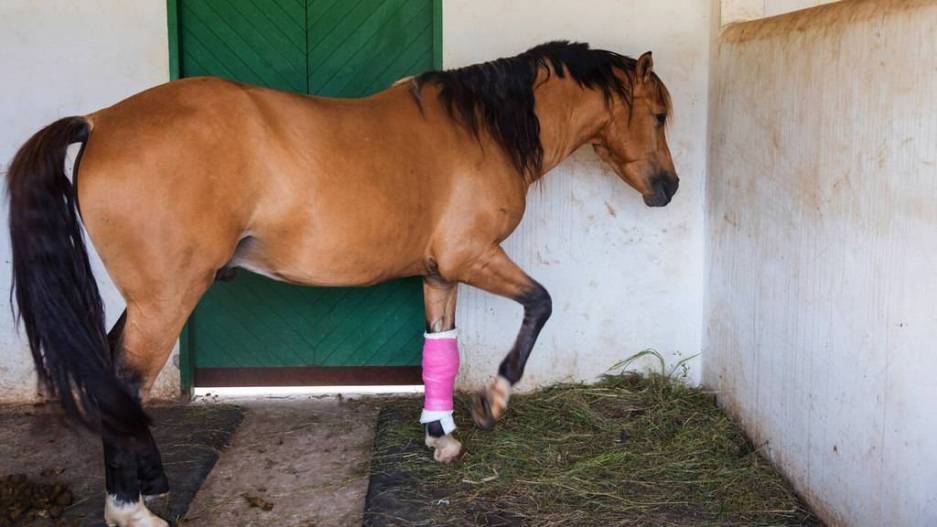We use cookies to make your experience better. To comply with the new e-Privacy directive, we need to ask for your consent to set the cookies. Learn more
Phenylbutazone horse dose – When too much is harmful
What are the risks using Phenylbutazone?
The non-steroidal anti-inflammatory analgesic agent Phenylbutazone is a commonly known as Bute. It is used for the management of musculoskeletal injuries,arthritis and fever. The benefits of using bute for injured horses is well documented. However prolonged use or overdose can lead to other harmful health issues. It is imperative to follow the correct dosage.
Gastric Ulcers linked to use of Bute
Always follow your vet's advice in relation using Phenylbutazone. You should use the guidelines outlined on the packaging. The most common risk associated with over dosage or prolonged use of Bute is gastric ulcers. Not all horses will develop ulcers. However they become more susceptible to the risks of developing ulcers in the future.

Horses experiencing pain are usually stressed. Stress is a major factor associated with ulcers. Most injured horses are stabled whilst being treated. Therefore with less turnout and more stress ulcers are bound to happen.
How to counter act the Effects of Bute
Phenylbutazone for horses is absorbed via the gastrointestinal tract with a peak plasma concentration of about 12 - 18 hours. Access to high fiber feed can delay this. Bute is the go to medication for the relief of pain and inflammation in horses. On the other hand side effects from prolonged or overdose can propose a health risk. To counter act the effects of bute use a gastrointestinal protect like sucralfate.








Validate your login